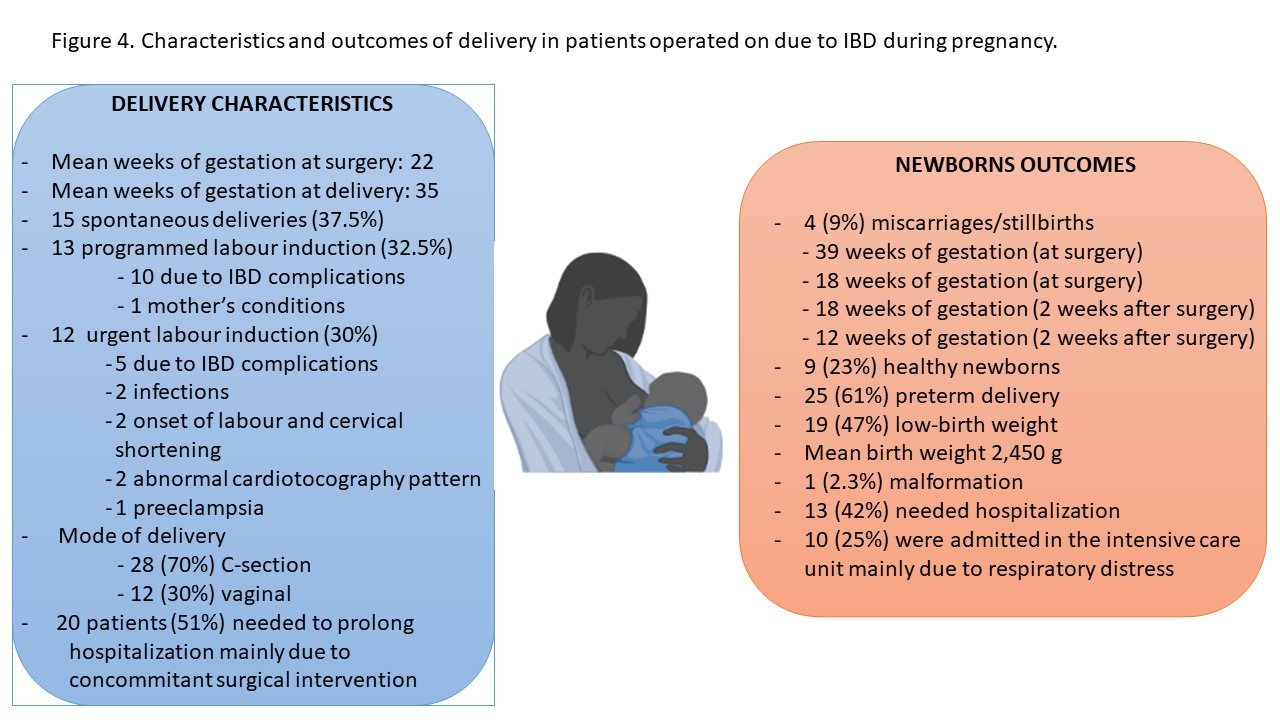Exabis Library
Welcome to the e-CCO Library!
Steroids
2020
Educational Audio Podcast
Monday, 27 July 2020, 11:59 AM by Dauren Ramankulov
Friday, 13 January 2023, 12:09 PM by ECCO Administrator
Stratified management for mild and severe IBD?
2021
ECCO'21 Virtual
Friday, 1 October 2021, 12:41 PM
Stratifying by disease biology to choose the right drug for the right patient
2019
Scientific Programme
Wednesday, 5 June 2019, 9:01 PM
Stress-induced controllers of intestinal inflammatory reactions
2018
ECCO'18 Vienna
Friday, 23 March 2018, 12:23 PM
1
Strictureplasty over the Ileocaecal valve
2022
11th S-ECCO IBD Masterclass
Tuesday, 24 May 2022, 8:13 PM
Surgeon's view: When is pathology useful?
2021
6th H-ECCO IBD Masterclass
Friday, 1 October 2021, 12:41 PM
Surgery due to inflammatory bowel disease during pregnancy: mothers and offspring outcomes (SCAR Study)
2022
11th S-ECCO IBD Masterclass
Tuesday, 24 May 2022, 8:13 PM
Surgery for UC - revisited
2018
Talking Heads
Friday, 22 February 2019, 4:07 PM by ECCO Administrator
Friday, 13 January 2023, 11:57 AM by ECCO Administrator
Surgery in IBD
2020
11th N-ECCO School
Tuesday, 23 June 2020, 5:40 PM
Wednesday, 16 June 2021, 4:44 PM by ECCO Administrator
Surgery in IBD
2017
Educational Audio Podcast
Friday, 28 February 2020, 11:09 AM by Dauren Ramankulov
Wednesday, 2 June 2021, 4:53 PM by ECCO Administrator
Surgical intervention in CD: When, how and what afterwards (Tandem talk)
2022
6th Basic ECCO: EduCational COurse for Industry
Tuesday, 24 May 2022, 8:13 PM



